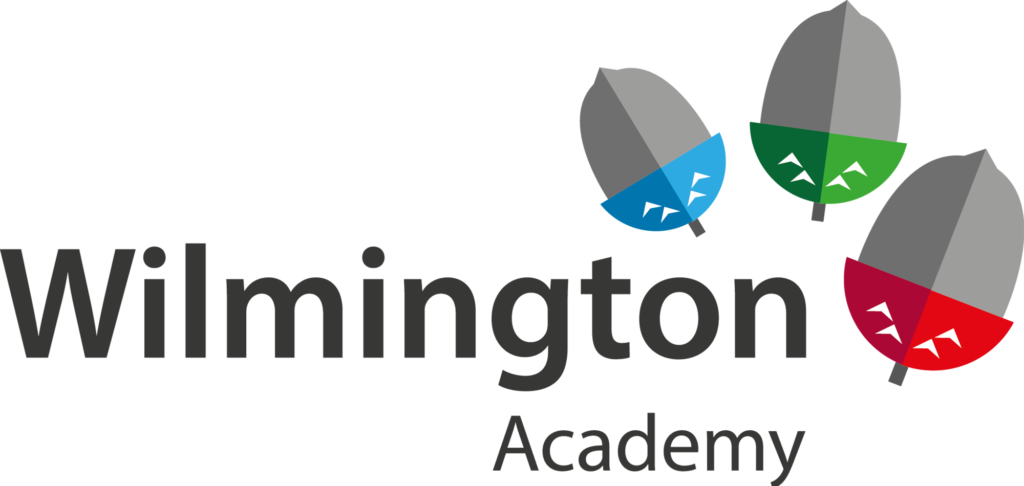KS3: MYP Geography (Individuals and Societies)
What does it involve at Key Stage 3?
Geography at Key Stage Three, focuses on developing the students’ knowledge of the world in which they live. Students follow the MYP program, and explore some of the key geographical issues facing our world through the study of a variety of countries – from climate change, over population and migration to coastal recession. Students develop knowledge throughout the KS3 program on map skills, fieldwork and interpretation of data, with spending time ‘out in the field’, which is key to our studies.
Intent
Our aim is to provide students with a curriculum that is engaging, but also develops students as world citizens. As outlined by Michael Palin ‘So many of the world’s current issues – at a global scale and locally – boil down to geography, and need the geographers of the future to help us understand them’. It is therefore our aim, to not only develop students’ love for the subject, but also their ability to solve the world’s current issues.
Our curriculum is constantly reviewed to not only ensure that the needs of all students are met, but to ensure that students are educated about the most recent geographical issues.
Intent
Students in Year 7 follow the MYP Curriculum, where students are encouraged to consider their role within society, as well as exploring viewpoints and attitudes of others.
Students gain the opportunity to travel the world with geography in Year 7 exploring local geography and the geography of the UK, as well as more exotic locations, such as Peru, Singapore and Greece.
The department focuses on a number of world issues, from climate change, migration, the economy and our use of resources, as well as the more ‘traditional’ geography, from glaciation, to tectonics and weather hazards.
Schedule of Learning:
- Module 1: Geography of the UK
- Module 2: How sustainable is our school?
- Module 3: Fantastic Places
- Module 4: Wild Weather and climate
- Module 5: Brazil – Favelas and development
- Module 6: Extreme Environments
Intent
Students in Year 8 follow the MYP Curriculum, where students are encouraged to consider their role within society, as well as exploring viewpoints and attitudes of others.
The department focuses on a number of world issues, from climate change, migration, the economy and our use of resources, as well as the more ‘traditional’ geography, from glaciation, to tectonics and weather hazards.
Students gain the opportunity to travel the world with geography in Year 8 exploring the impacts of tectonic hazards around the world, Australia, River landscapes and a study of polar regions.
Schedule of Learning:
- Module 1: Tectonic Hazards – Earthquakes
- Module 2: Resource Pressure
- Module 3: Rivers
- Module 4: Africa – Water War!
- Module 5: Urbanisation – Changes in London
- Module 6: Tourism
Intent
Students in Year 9 follow the MYP Curriculum, where students are encouraged to consider their role within society, as well as exploring viewpoints and attitudes of others.
Students gain the opportunity to travel the world with geography in Year 9 exploring the impacts of tectonic hazards around the world, Australia, River landscapes and a study of polar regions.
The department focuses on a number of world issues, from climate change, migration, the economy and our use of resources, as well as the more ‘traditional’ geography, from glaciation, to tectonics and weather hazards.
Schedule of Learning:
- Module 1: Tropical Storms
- Module 2: Rural and Urban challenges
- Module 3: Climate Change
- Module 4: Uneven Development
- Module 5: India and Mumbai
- Module 6: Coasts
Implementation
MYP Geography provides students with the opportunity to develop a breadth of Geographical knowledge that challenges them academically. They are encouraged to consider how our world is ever changing and how this can impact us both globally and locally. The curriculum allows students to develop critical thinking, problem solving and creativity, linking to real world problems and the challenges that our world faces.
Impact
Assessment practices in the MYP aim to ensure students have a breadth of geographical knowledge, focusing on both human and physical geography. Students work will be underpinned by geographical skills, as well as develop literacy and numeracy skills, thus helping them to be successful in other disciplines.
Students will be assessed under four different criteria:
- Criterion A: Knowledge and Understanding
- Criterion B: Investigation
- Criterion C: Communication
- Criterion D: Critical thinking
Each criterion is divided into a number of achievement levels. The different levels within each criterion demonstrate the students’ achievement. At the lowest levels, the students’ achievement will be minimal. As the numerical score increases, the students’ achievement level increases.
The criterion will be assessed and reported upon twice a year ( module 3 and 6). A final grade will be provided at the end of the year, during module 6. Further guidance on MYP assessments can be found here:
For more information, please read our assessment recording and reporting cycle.
Additional Resources


